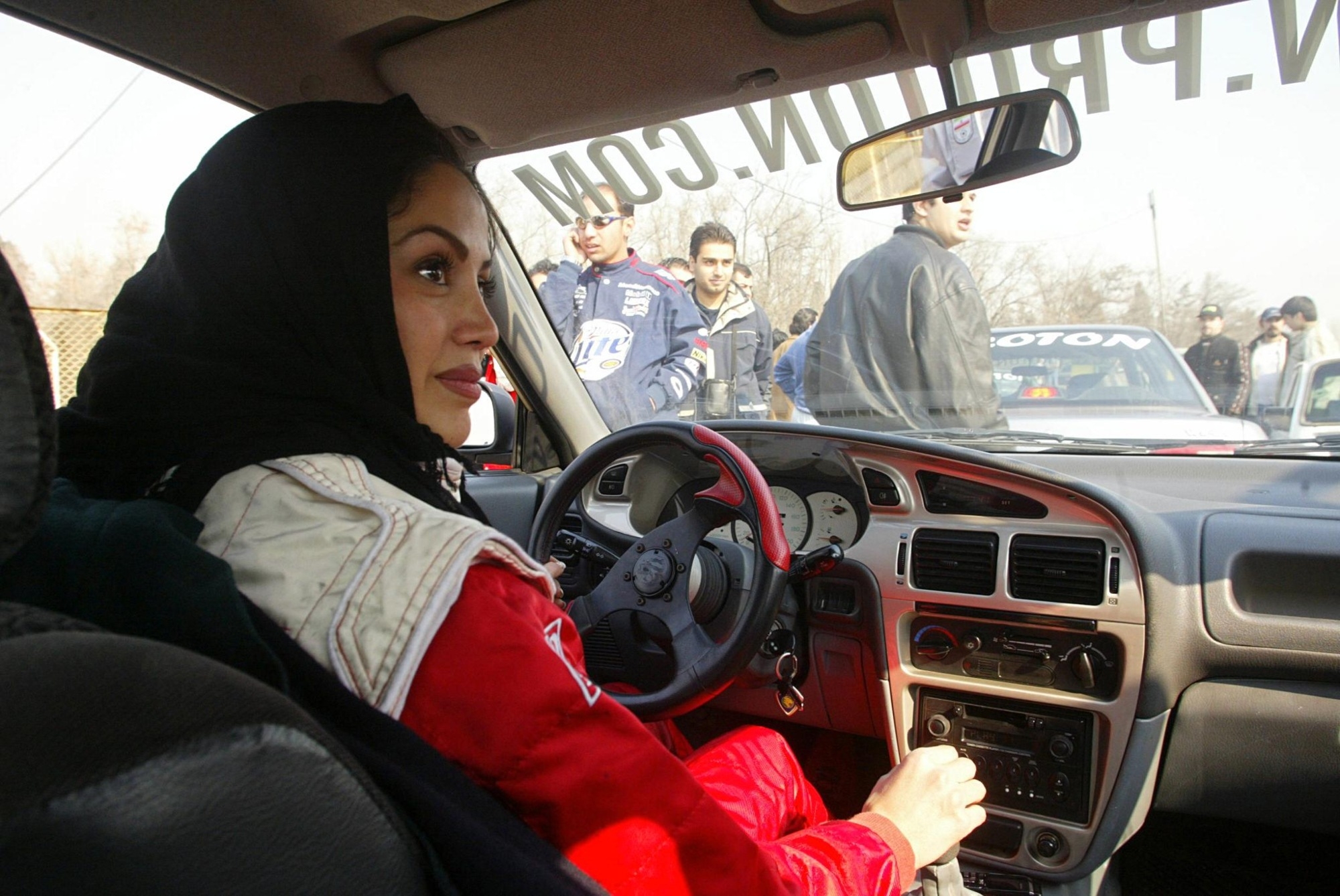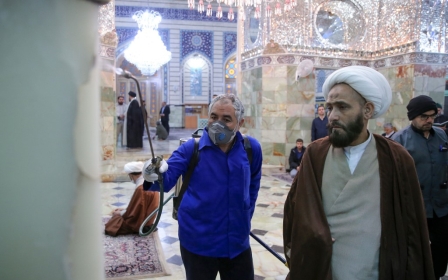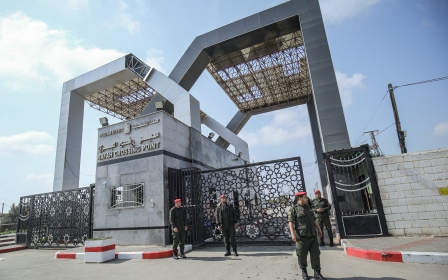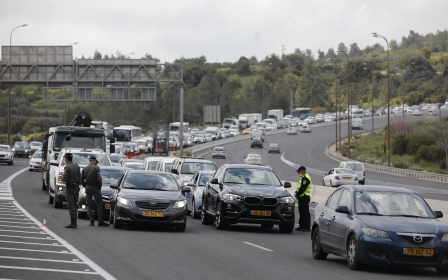Iranian press review: Afghan refugees flee Iran over coronavirus fears

US move in Iraq alarms Iranian officials
Following the recently intensifying war of words between Tehran and Washington over the US deployment of Patriot air defence systems in Iraq, Iranian experts close to the government have warned about a possible confrontation between US forces and Iraqi armed groups supported by Iran.
On Saturday, Iranian specialist on Iraq Hassan Roviran told pro-reformist Sharqh daily that American troops in Iraq were taking defensive action by repositioning their soldiers at Camp Taji and the Ain al-Asad air base.
However, Roviran predicted that limited and controlled armed confrontation would soon take place between US forces and the Iraqi Hashd al-Shaabi paramilitary group.
“An all-out war is unlikely to happen in Iraq at this time because with such a war or even with a plan for a war, Trump will lose the upcoming US presidential elections,” he predicted to the daily.
New MEE newsletter: Jerusalem Dispatch
Sign up to get the latest insights and analysis on Israel-Palestine, alongside Turkey Unpacked and other MEE newsletters
Meanwhile, Sadollah Zarei, a foreign policy expert close to Iran’s Islamic Revolutionary Guard Corps (IRGC), told Tasnim news agency that the current repositioning of US soldiers in Iraq is a strategic move to reinforce their presence in Iraq.
In response to a question about the probability of a US-backed coup in Iraq, he said that the odds of success for that plan would be almost zero, but added: “Americans sometimes carry out irrational plans, so a US coup in Iraq is also probable.”
Methanol kills over 300, poisons hundreds more
The number of people dying after ingesting methanol has sharply increased in Iran since the beginning of the coronavirus pandemic, causing over 300 deaths, according to ISNA news agency.
ISNA also reported that “hundreds of people have been hospitalised” in the country because of methanol poisoning, with dozens of intoxicated patients going blind or being diagnosed with kidney failure.
Since 19 February, when Tehran reported its first cases of Covid-19, inaccurate reports spread on Iranian social media advising people to gargle alcohol or use hot alcohol vapour to contain the virus.
However, according to ISNA, a number of deaths have occurred as alcohol in Iran is largely produced in underground distilleries.
“The producers of tainted moonshine, knowingly or unknowingly, are using methanol which has made some of their customers end up in hospitals, and others in cemeteries,” ISNA wrote.
Since the 1979 Islamic revolution, the production and consumption of alcoholic drinks have been illegal in Iran, punishable by 84 lashes and a six-month sentence. However, every year hundreds of Iranians die after consuming tainted bootleg alcohol.
Scared of coronavirus, Afghan refugees flee Iran
Sources in Iran and Afghanistan have confirmed that the number of Afghan refugees returning to their country from Iran has increased by 100 percent in recent weeks due to the deadly coronavirus pandemic in Iran, Arman daily reported.
For over four decades, Pakistan and Iran have been the main destinations for Afghan refugees fleeing the Soviet-Afghan war (1979-89), the mid-1990s Afghan civil war, and the ongoing US “war on terror” in the country since 2001.
Since the reimposition of devastating US sanctions on Iran in 2018, waves of Afghan refugees began to return to their home country. Following the outbreak of the Covid-19 virus, the number of refugees returning to Afghanistan has dramatically increased.
According to Arman, in mid-March between 2,000 and 3,000 Afghan refugees returned to Afghanistan every day.
However, Afghan sources put the daily number at 15,000, saying that most refugees in Iran are undocumented and don’t cross through official border controls, instead choosing to pay human traffickers to cross the border.
Covid-19 lockdown turns fatal for young drivers
Iran’s Covid-19 lockdown has created perfect conditions for young speed drivers to race in empty streets.
However, these street races have sometimes ended with fatal accidents, IRNA news agency reported from the northern city of Sari.
According to IRNA, every night a group of youth waits until midnight when police controls relax, racing in the empty streets until 3am.
The races take place at the heart of the city, where four one-way streets are used as a racing track by young Iranians.
IRNA reported that at least one driver and one motorcyclist have so far died in accidents related to the street races.
Street races are not a new phenomenon in Iranian cities. However, the number of accidents caused by these races has increased during the past two-week lockdown.
On 2 April, ISNA news agency also reported that a car crashed and turned over on one of Tehran’s highways at 2am, adding that the driver and two passengers, all aged between 25 and 28, were killed in the accident.
* Iranian press review is a digest of reports that are not independently verified as accurate by Middle East Eye
Middle East Eye delivers independent and unrivalled coverage and analysis of the Middle East, North Africa and beyond. To learn more about republishing this content and the associated fees, please fill out this form. More about MEE can be found here.




